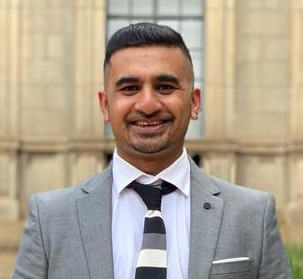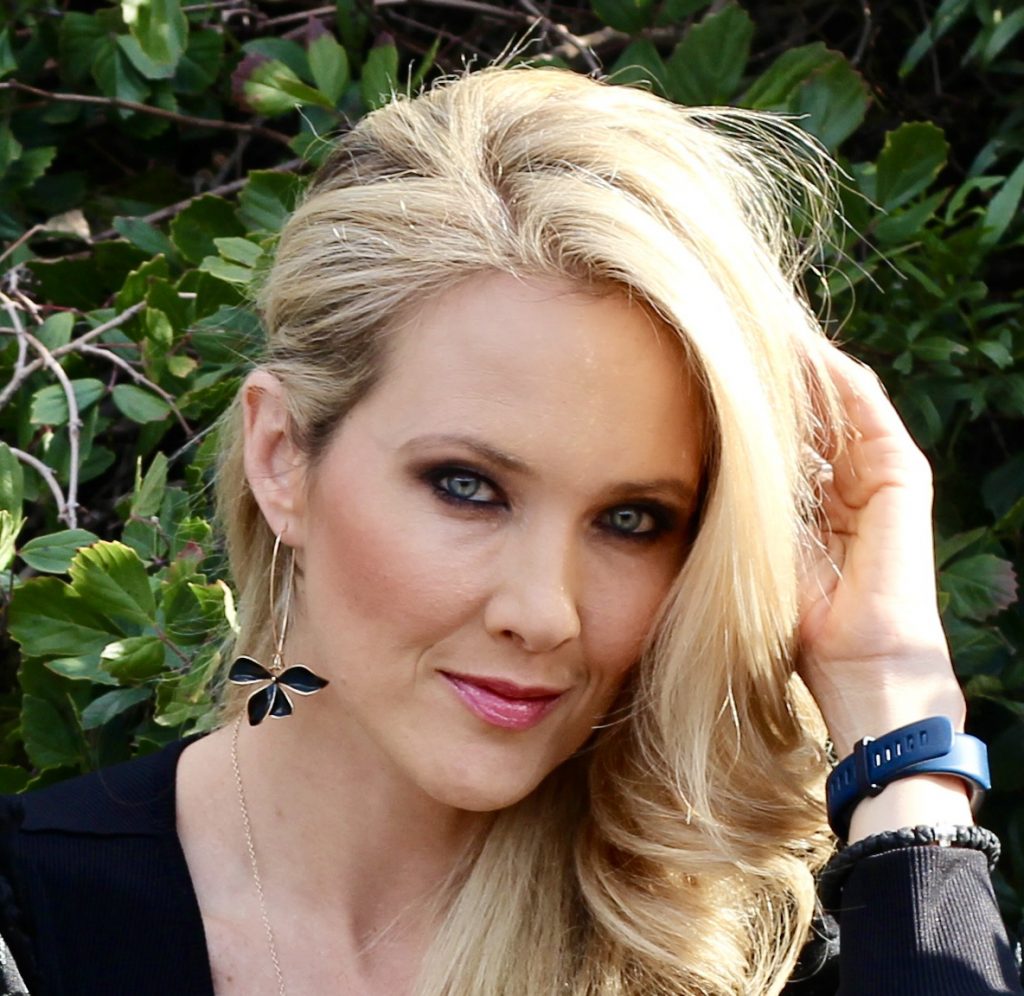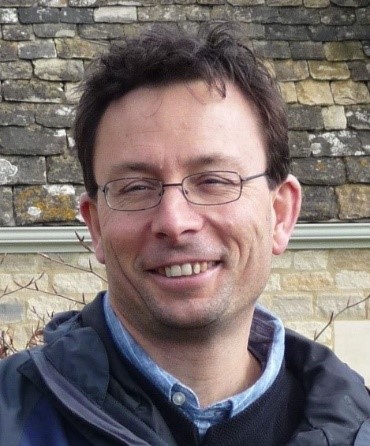Climate change is happening; it is no longer an argument, it is a fact. There was some progress made at the recent COP27 held in Egypt — the 2022 Conference of the Parties of the United Nations Framework Convention on Climate Change — but unfortunately, not enough. All of us, from governments to the private sector to individuals, have to start thinking about adapting to climate change, in everything we do, and change our actions accordingly.
This emerged in a webinar discussion, on making strides in climate resilience and shifting from fossil fuel-based energy to cleaner energy, hosted by the Mail & Guardian. The winners of Greening the Future were also announced later in the webinar.
 Ozayr Patel, the Mail & Guardian’s Climate and Environment Editor
Ozayr Patel, the Mail & Guardian’s Climate and Environment Editor
Ozayr Patel, the Mail & Guardian’s Climate and Environment editor, kicked off the discussion by asking Catherine Constantinides, founder of the global youth network Generation Earth, and Professor Mark New, director of the African Climate and Development Initiative at the University of Cape Town, about their impressions of Cop27.
The conference was not a complete failure, said New, but it did fall short on what it could have achieved in terms of ramping up ambition for reducing emission. There was some progress made on “loss and damage” — the impact of climate change, particularly on developing countries — but if developed countries are not prepared to reduce their emissions, loss and damage will remain significant.
Economic loss and damage may include damage to crops, homes or infrastructure. Non-economic loss and damage may include harm to human health and mobility; loss of access to territory, of cultural heritage and of indigenous and local knowledge; and loss of and damage to biodiversity and habitats.
New added that true change requires everyone to participate, not just governments. Constantinides agreed: “It’s the small things that we can do as consumers that are crucially important — where we shop, what we buy, etcetera — our daily choices do have an impact.” She added that there needs to be a “massive drive” in education so that people start to make better choices regarding the environment.
Have we actually made progress since COP17 was held in Durban in 2011, Constantinides asked? The voice of civil society has definitely grown, and it was really loud at Cop27. She said for anyone who still doubts it, we are definitely in a climate crisis. “I have worked in communities in Africa that no longer exist where they were, because there is no water there for them any longer.”
 Catherine Constantinides, Global Activist of Generation Earth
Catherine Constantinides, Global Activist of Generation Earth
She pointed out: “It’s amazing how the narrative has changed in my 15 years as an activist. Finally, corporations are starting to get the message about climate change!” She also said that the youth must make climate change “the foundation of everything they do and think about”.
New said that the sixth edition of the Intergovernmental Panel on Climate Change, which advances scientific knowledge about climate change caused by human activities, has just been published, under the auspices of the UN. He said that the argument about whether the climate is changing is over; “we have ample evidence that the climate is changing, not just in the future but right now, and we are starting to feel its impact”.
Asked what “climate resilience” entails, New said that it involves adapting as much as is feasible to reduce your vulnerability; it’s the ability to recover from climate crises as fast as possible. The impact of the 2021 and 2022 KwaZulu-Natal floods could have been far less if there had been better responses, for instance. “The most vulnerable people [to climate change] are usually the poorest folk, and in a resilient society they are not left behind,” said New. Constantinides agreed, saying that many lessons can be learnt from the floods, and that inequality plays a huge role in climate resilience.
Patel asked, in the South African context, if it is a difficult balancing act moving from coal to green energy, as so many people presently rely on coal for employment. New replied: “I think some of the narrative about moving away from coal threatening livelihoods is created by those with vested interests in those industries. A lot of research has shown that green energy creates jobs, so the real issue is how the [just] transition is managed, from a social as well as economic perspective.”
Sometimes we have to jump in the deep end and learn to swim from there, said Constantinides. There are many opportunities to create jobs in the green economy. We have to invest in renewable energy for a sustainable future, but unfortunately, most people will only change tack “when climate change starts to hit them in the pocket”. Waste management is one of the many ways that we can manage climate change, and it is also a means of generating renewable energy.
 Professor Mark New, Director of the African Climate and Development Initiative at the University of Cape Town
Professor Mark New, Director of the African Climate and Development Initiative at the University of Cape Town
She said that our biggest crisis in South Africa is our shortage of water. As many people still don’t understand the impact of climate change, for instance, regarding food security, the biggest imperative right now is education. In this regard, the media has a huge role to play; publications like Greening the Future remind us that we are living in a climate crisis.
South Africa has an adaptation deficit, said New; it is very poorly adapted to the current climate risks. It has always been a drought-prone country, but “coupled with poor service delivery, this means we are really vulnerable to climate change”. So, we need to fix the country up in a general sense, particularly structurally, to increase capability and make our adaptation easier.
“Secondly, we have to embed adapting to climate change in everything we do, which is what I call mainstreaming. You cannot invest millions into a project that will only last for 20 years because of climate change.” For example, you can’t mine for coal if you need a lot of water to run that operation, and that water won’t be available in the future because of climate change. “It’s all about incorporating climate change principles into our strategic decision making. This has to take place both in the private and public sectors,” said New.